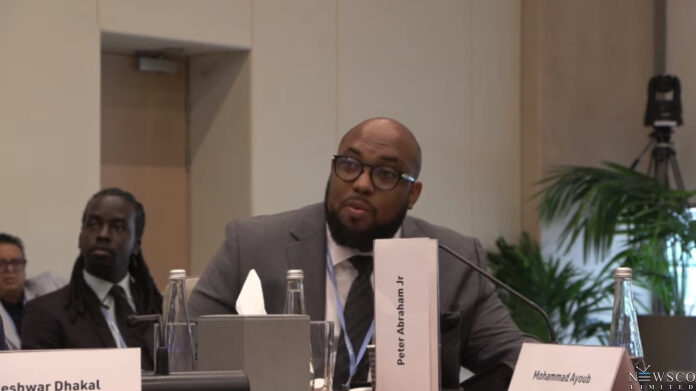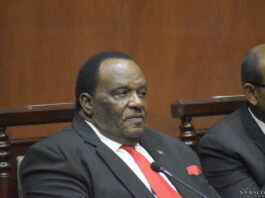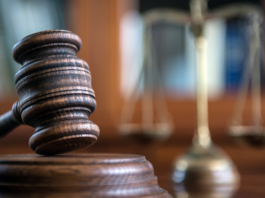
By Robert Andre Emmanuel
Antigua and Barbuda is among four nations that have officially submitted a bid to become the host country for the board of the Loss and Damage Fund (LDF).
This revelation was made at the first meeting of the board on which Antigua and Barbuda sits as a member.
The concept of such a fund was first introduced into climate talks in 1991 and refers to economic and non-economic impacts which shifting climate events, including hurricanes, drought and floods, can cause on developing countries, and which cannot be covered by adaptation and mitigation measures.
The fund, which is said to require at least US$1 billion per year to adequately cover the needs of developing countries, was approved in 2023 at UN climate summit COP28 in Dubai.
The LDF secretariat is expected to be hosted by the World Bank under a financial intermediary fund —financial arrangements that leverage public and private resources in support of international initiatives, enabling the international community to provide a direct and coordinated response to global priorities —for an interim period of four years.
However, the board, to be a fully independent body, will need the legal capacity to execute agreements and make decisions on behalf of the LDF and the selection of the host country would be the vehicle through which this is done.
Co-Chair of the LDF board, South Africa’s Richard Sherman, told meeting attendees that the Bahamas, the Philippines, Barbados, and Antigua and Barbuda were the nations that submitted proposals to host the board — although no decision was taken at the meeting.
A background paper for the selection of the host country indicates that parties have until June 3 to indicate their interest.
Antigua and Barbuda is represented at the meeting by economist Peter Abraham Jr and attorney within the Ministry of Legal Affairs, Zachary Phillips.
Meanwhile, some of the top agenda items for the new fund include agreeing to a process to select an Executive Director for the board, setting up a structure to develop the workplan and administrative budget for the board, and developing an arrangement for observer participation at board meetings.
Speaking on the second day of the meeting, World Bank representative Renaud Seligmann told board members that “while the LDF board will hold the ultimate key that will determine who will become Executive Director, the World Bank will have some kind of say in the matter to ensure that the due processes have been followed” and the person selected must meet the World Bank’s own human resource policy.
Seligmann also explained how the World Bank might ensure direct access to the LDF, which was a concern for many members.
In an opinion article titled “The Loss and Damage Fund Board: Getting It Right from the Start”, Liane Schalatek and Julie-Anne Richards — both specialists in climate finance — wrote that “the board will have to act with urgency to establish the core operational frameworks … to ensure that the fund starts to deliver for the communities and countries on the front line of climate impacts as soon as possible”.
They suggested that while grants should be provided as early as possible—ideally in 2024—especially since the speed by which allowing the World Bank to host the fund’s secretariat was a main argument for developed countries prior to its COP28 adoption, the delay in the first board meeting — originally slated to be held no later than January 31 — means that it is likely that “the first LDF grants can be provided at the earliest in 2025”.



